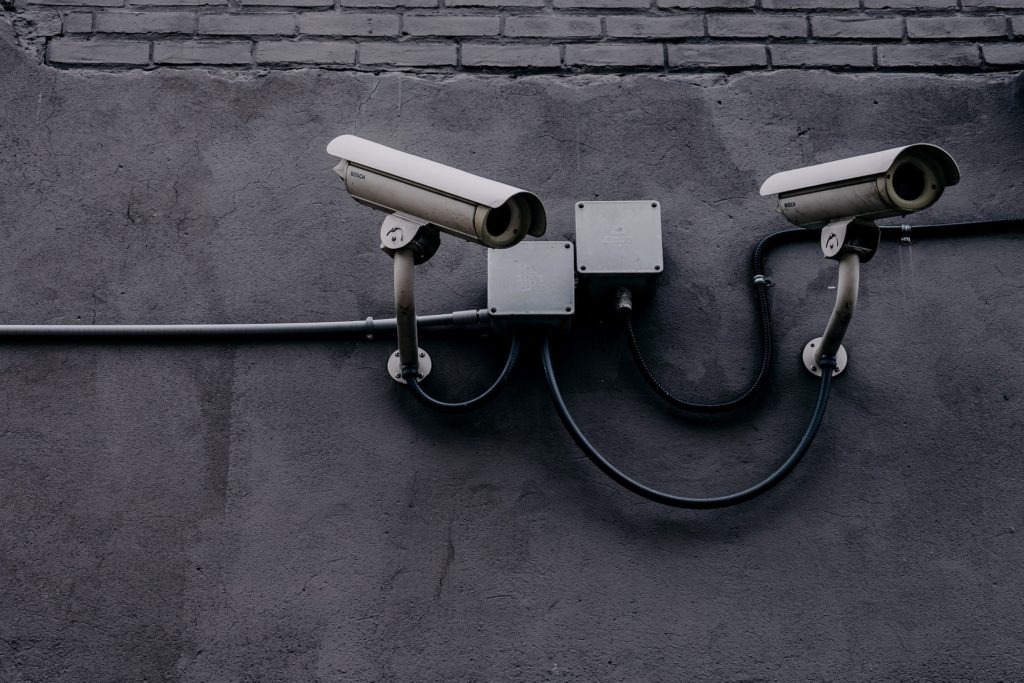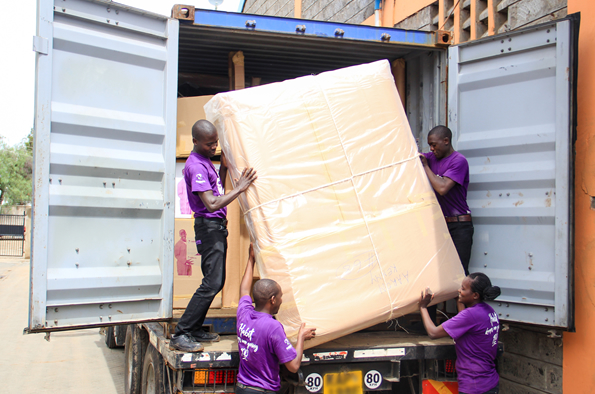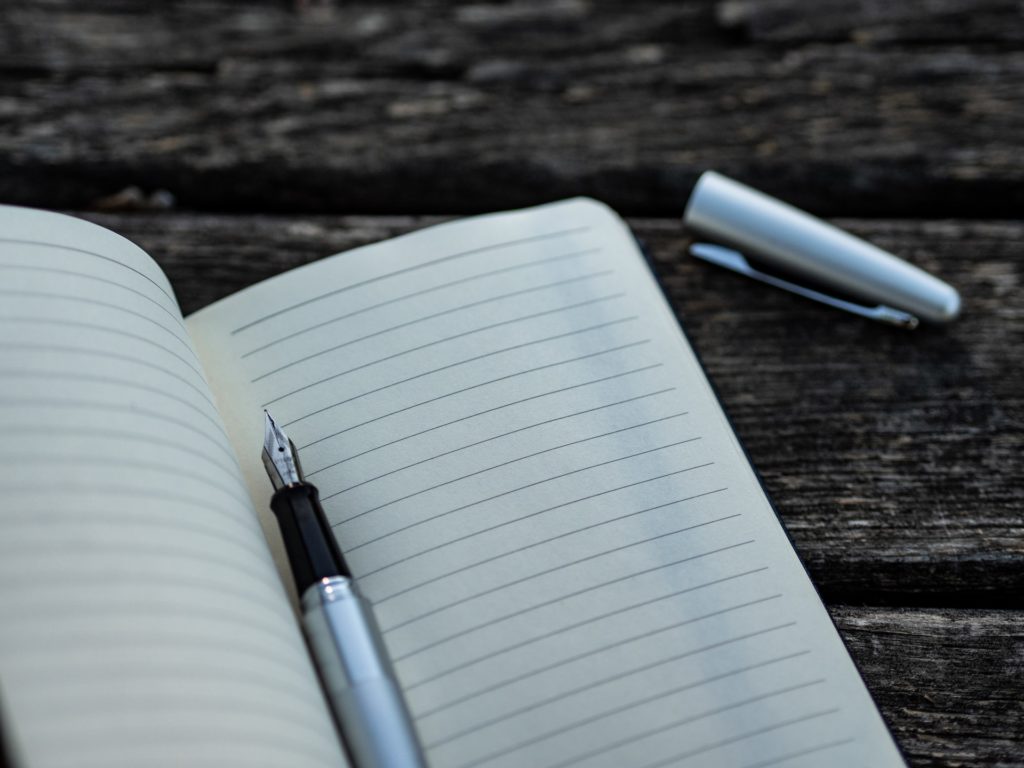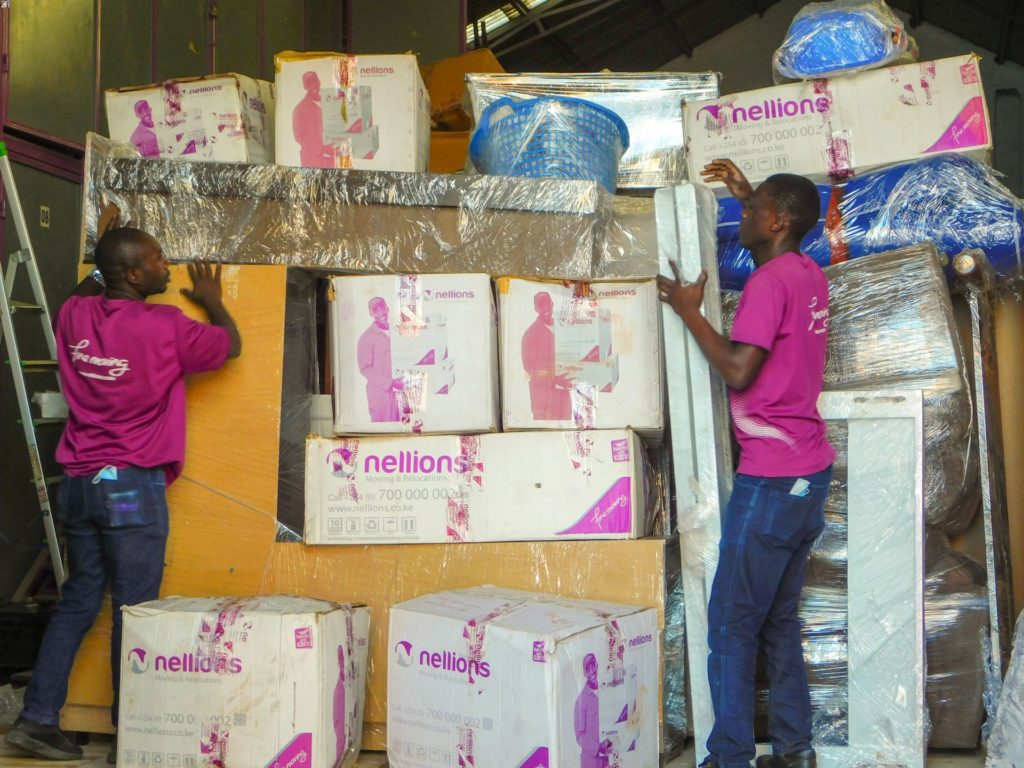Thinking about renting a self-storage unit in Uganda for the first time but not sure where to start or what the process looks like? This article will give you a comprehensive guide on renting your first self-storage unit, what you require, and what to consider before renting one out.
Self-storage facilities provide a safe, practical, and accessible solution for your household items, either temporarily or for extended periods. This could be due to you downsizing (shifting from a larger house to a smaller one) or looking for a storage solution for your extra household items that you no longer use.
Whatever your reason for renting a self-storage unit may be, here are ten things we think you should know:
1. Research should be the first thing you do

Before settling on a storage company, you must do some research. You can conduct an online search and read what people say about the companies. Be keen on reviews that mention customer service, cleanliness, security, and pricing. Another way is by visiting a few self-storage units and checking if they tick off most of the things you need.
2. Things to consider when choosing a self-storage company
Here are a few things you should carefully consider before renting a unit in Uganda:
-
Insurance
A good self-storage company should be insured, which translates to your goods being insured from theft or damage while in storage. When renting a self-storage unit, inquire about insurance to ensure your belongings are protected.
-
Access hours
Before renting a storage unit, you should inquire about its access hours. Some storage units allow 24-hour access, while others have limited access hours. You should, therefore, ensure that the storage company you choose to rent has access hours that work for you.
-
Location
If you rent a self-storage unit for storing items that you’ll need to access frequently, choosing a location closer to your home makes sense. On the other hand, if you keep things you may not need frequently, then location doesn’t matter, and you can choose any location.

-
Security
Does the facility have CCTV cameras or a security guard? Do you need special clearance to access the storage units? All these are factors to consider, especially if you will be storing valuable items.
3. How much it costs to rent a self-storage unit
Although prices from one company to the other, most self-storage units in Uganda are priced depending on the size. Therefore, a large unit will cost more than a smaller one. Other factors that may come into play include the location of the units, the type of storage unit, and other amenities such as extra security, cleaning fees, etc.
4. The types of self-storage units
Generally, there are usually two types of self-storage units that most companies rent out:
-
External/Outdoor units
These units are best used for storing large or heavy items that do not need climate-controlled conditions, such as cars. You may prefer these units due to their accessibility because you can drive up to them and park right outside to access your items.
-
Internal/Indoor units
These units are usually located inside a building and are typically temperature controlled. They are recommended for storing fragile and temperature-sensitive items such as valuable art. Moreover, these units offer better security as compared to outdoor units.
5. Think small but not too small
To save money, you should accurately measure the size of your items so that you rent a storage unit that is not too big for your items. For the best use of a small space, you should consider dismantling your furniture so that they take up the least space. Nonetheless, you should be careful that you don’t rent one that’s too small for your items.

6. What is in the rental agreement?
Having a rental agreement with your storage company is crucial for your peace of mind and the security of your items. Some things to look out for in the agreement include:
- The length of the contract.
- Amount of rent and security deposit.
- Additional fees.
- Are there penalties for cancelling the agreement early?
- Are there chances of price increments in rent?
- What happens if goods are stolen?
- What is the cancellation procedure?
- Is the contract renewed automatically?
7. Items you can store in your unit
Some storage companies have limitations on what you can and can’t store in their units, so be sure to inquire if they have such rules. For instance, your storage company may not allow you to store items such as guns, illegal substances, hazardous materials, and flammable liquids.
8. Take inventory of your belongings

You should make a thorough inventory of all items if you intend to keep them in storage for an extended time. If not, you risk forgetting what you’ve put in storage. We advise taking photographs and documenting everything. Keep a comprehensive inventory sheet and images in one location to keep track of your possessions.
9. Use packing materials
When keeping your goods in the storage unit, it’s crucial to use packing materials so they won’t be damaged by dust and climate conditions. This especially applies to outdoor storage units that don’t protect items from climate conditions.
You should therefore invest in packing materials such as bubble wraps, dust sheets, and storage boxes.
10. Have an arrangement system
For self-storage units, you will be required to pack and arrange your items in the units. It is, therefore, essential to have a system in place.

If you will be frequently accessing your stored items, you should arrange them so that you can access them easily. You should, therefore, not overfill your unit to the point where there’s no space to walk in and out. For easy access, you can leave a pathway to enter and easily access the items you need.
Additionally, you should place all the heavy and oversized items at the bottom and the back of your units, then stack lighter things on top. With this system in place, your stack is more stable, and items are less likely to be damaged.
Nellions’ self-storage units
Self-storage is no easy task, and we understand how complex the process of packing, loading, and arranging your stored items can be. Nellions can help you with these processes if you want to rent a self-storage unit in Uganda.
We can help with loading and unloading your items into your storage unit, provide packing and unpacking services and help with organizing your unit.
Are you interested in renting a self-storage unit in Uganda? Call us at +256 753 000 100 or +256 783 294 229. You may also email us at MOVE@NELLIONS.CO.UG.


